Vacancy Junior project manager MENA region (28 hours)
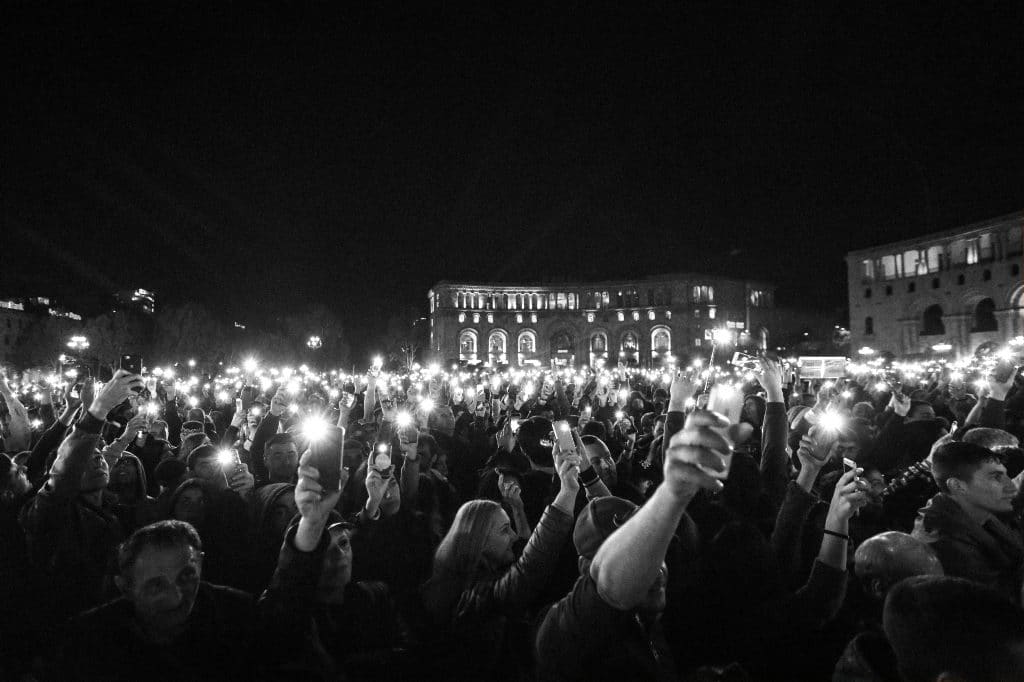
Vacancy junior project manager MENA region (28 hours). Please respond by 2 January 2022 at the latest.
Saving democracy also requires action at home
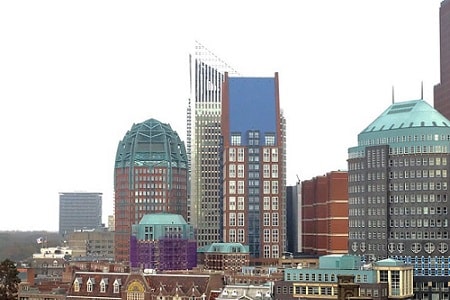
On 9 and 10 December, US President Biden will hold his Summit for Democracy. It is good that Biden is drawing full attention to the democratic rule of law. After all, it is under pressure worldwide. The Netherlands is attending and our outgoing prime minister is expected to contribute. This offers our country a unique platform to stand up for democratic rights worldwide. As representatives of civil society organisations, we make a number of suggestions in this open letter.
Macedonian ruling coalition favourite to win presidential election amidst ellegularities

On 13 April Macedonia will go to the polls to elect a new president. The top two contenders will compete against each other in a second round on 27 April. Four candidates are in the race to become Macedonia's largely symbolic Head of State. On 27 April, Macedonian's will also vote for parliament in the early general elections. The general elections are considered more important as they will determine who will become the most powerful person in the country, the Prime Minister.
North Macedonia with Thijs Reuten
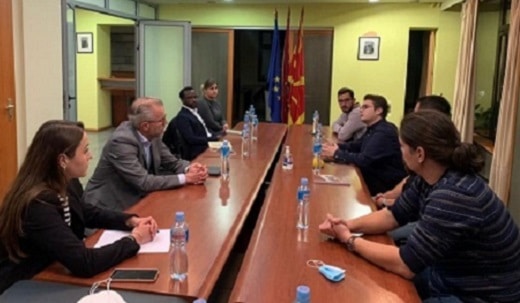
North Macedonia with Thijs Reuten
On Sunday 31 October, the FMS travelled with Thijs Reuten, MEP (PvdA) to northern Macedonia for a three-day working visit to various civil society organisations, students, our sister party, other parties and political foundations. This trip took place at a politically turbulent moment: Zoran Zaev had resigned as prime minister because his party had lost the local elections. With this working visit, we wanted, among other things, to show our solidarity and demonstrate that northern Macedonia and the rest of the Western Balkans are not alone. Indeed, Thijs Reuten is in the European Parliament dealing with the Western Balkans, asylum and migration, human rights and rule of law and the community of values within the European Union.
New Romanian government after struggle for power

A new coalition government appears to have been clinched in Romania. The smaller, progressive coalition partner disappears and a large, conservative partner comes to rule with the Liberals. This new coalition emerges after six months of power struggles within the Liberal Party (PNL).
FMS seeks 'democracy' and 'development' intern
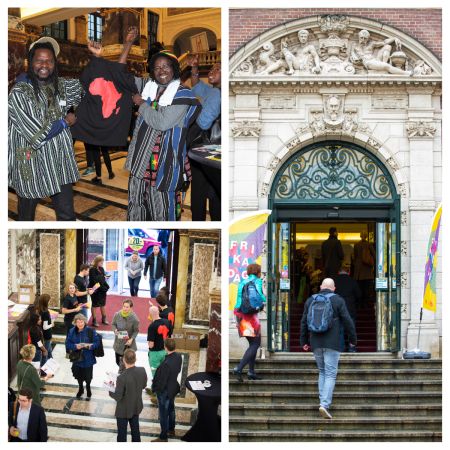
Are you looking for an internship for spring 2022? And are you interested in international politics? Then come and do an internship at the FMS. For the period February to June 2022, we are again looking for 2 interns!
Social Democratic Women of the Arab Spring

Ten years ago, there was a wave of optimism known as the Arab Spring. Change was coming to the region following the tragic death in Tunisia of Mohammed Bouazizi on 17 December 2010 which led to a wave of protests throughout the Middle East and North Africa. Women played a crucial role in the protests. The European Forum for Democracy interviewed four social democratic women activists from some of the countries of the Arab Spring. Each of them describes how under the auspices of the Arab Spring they were able to put women's rights on top of the agenda. How much of the changes were these women activists able to sustain?
EU cannot let migrants at the Belarus-Poland border down any longer
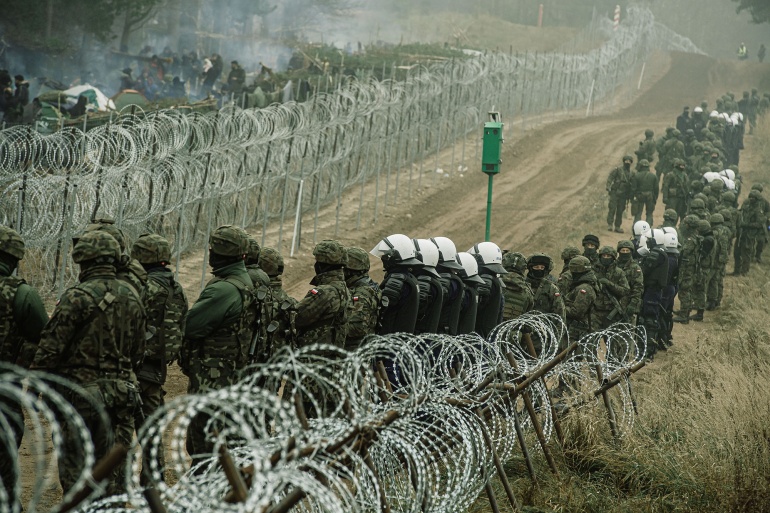
As the nights grow longer and colder, the dangerous situation at the border between Belarus and Poland intensifies. Hundreds, or maybe thousands, of migrants huddle together on the border in hopes of crossing over to Poland to reach the EU. This is a result of a ploy by Belarus's President Lukashenka to fly out migrants from the Middle East and Africa to Minsk with promises of guiding them towards EU territory.
Fighting for our democratic values

In the summer of 1988, as a 19-year-old history student, I visited Berlin. The wall divided the city and in my mind there was only room for the East-West world, in which we lived.
The Afghanistan lecture: Afghan women fight for rights and equality
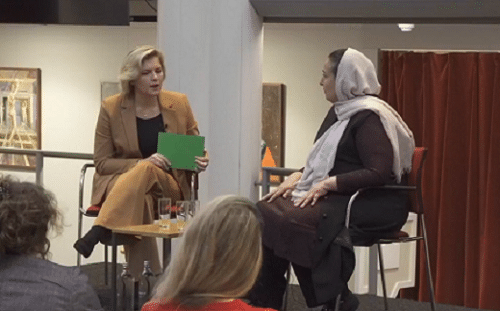
On the 23rd of October FMS, together with the PvdA, organised the Afghanistan lecture with as special guest Dr Massouda Jalal, former Minister of Women's Affairs. The session was focused on women's rights in Afghanistan and international solidarity.

